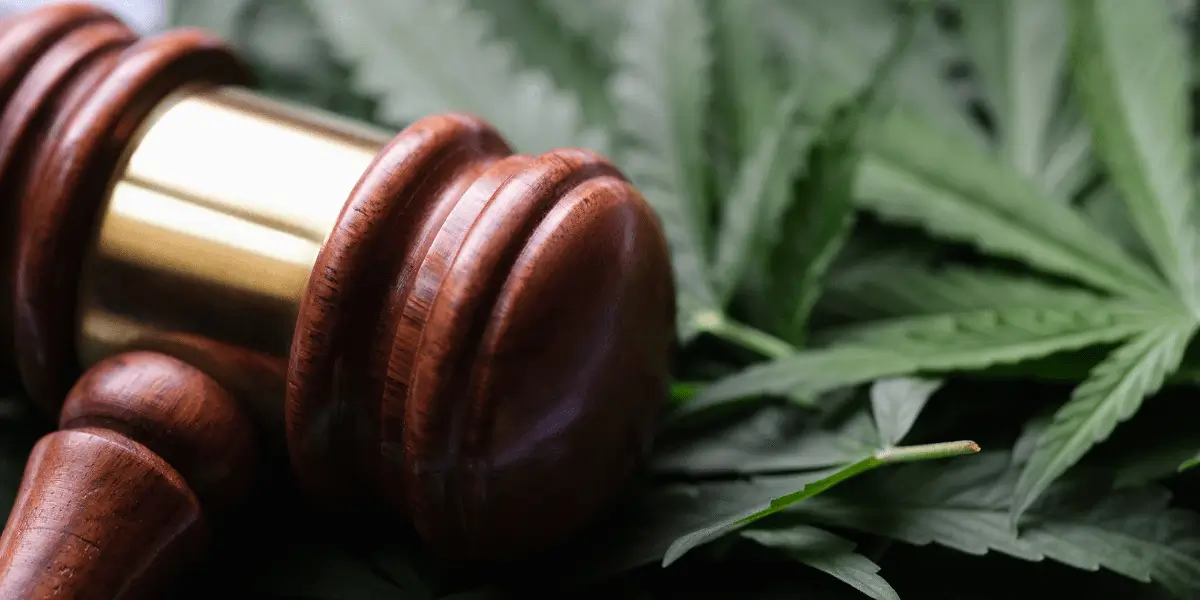Texas has a complex relationship with cannabis. While many states have legalized recreational marijuana use, Texas remains firmly in the “illegal” camp. This article delves into the current legalities surrounding smoking weed in Texas, exploring the distinctions between marijuana and hemp, potential penalties for possession, and the evolving legal landscape.
Understanding the Difference: Marijuana vs. Hemp
The confusion often stems from the fact that both marijuana and hemp come from the Cannabis sativa plant. However, a crucial distinction lies in their THC (tetrahydrocannabinol) content. THC is the psychoactive compound responsible for the “high” associated with marijuana use.
- Marijuana: Contains a higher concentration of THC (typically exceeding 0.3%). Possession and use of marijuana for recreational purposes are illegal in Texas.
- Hemp: Contains a significantly lower THC concentration (usually less than 0.3%). Hemp-derived products, like CBD oil, are legal to purchase and possess in Texas, provided they meet the THC threshold.
Key Differences Between Marijuana and Hemp
| Feature | Marijuana | Hemp |
|---|---|---|
| THC Content | High (above 0.3%) | Low (below 0.3%) |
| Psychoactive Effects | Yes | No |
| Legality in Texas (Recreational Use) | Illegal | Legal (with restrictions) |
Important Note: While hemp-derived CBD oil is legal, it’s crucial to ensure the product originates from a licensed manufacturer and adheres to the 0.3% THC limit.
Penalties for Marijuana Possession in Texas
The legal consequences for possessing marijuana in Texas vary depending on the quantity found:
- Possession of less than 2 ounces: This is considered a Class B misdemeanor, punishable by up to 180 days in jail and a fine of up to $2,000.
- Possession of 2 to 4 ounces: This is a Class A misdemeanor, with potential penalties of up to a year in jail and a fine of up to $4,000.
- Possession of more than 4 ounces: This becomes a felony offense, carrying much harsher penalties, including significant prison time and hefty fines.
Additional Considerations:
- Possession of drug paraphernalia (pipes, bongs, etc.) is also a misdemeanor offense, even without marijuana itself.
- A criminal record for marijuana possession can have long-term consequences, impacting employment opportunities, housing applications, and student loans.
The Evolving Legal Landscape of Marijuana in Texas
Public opinion on marijuana legalization is shifting in Texas. While recreational use remains illegal, there’s growing support for decriminalization and medical marijuana access.
- Decriminalization: This movement aims to reduce penalties for marijuana possession, treating it as a civil infraction like a traffic ticket. Several Texas cities, including Austin and San Antonio, have decriminalized small amounts of marijuana.
- Medical Marijuana: There’s limited access to a specific, low-THC strain for patients with qualifying conditions like epilepsy and intractable pain. However, the program is highly restrictive, and many patients struggle to obtain a medical marijuana card.
Bullet Points: Recent Developments in Texas Marijuana Laws
- 2019: The Texas Compassionate Use Program for epilepsy was expanded to include a wider range of qualifying conditions.
- 2022: The Texas Republican Party platform reaffirmed its opposition to recreational marijuana legalization but expressed support for rescheduling cannabis at the federal level.
These developments suggest a potential shift towards a more relaxed stance on marijuana in Texas. However, significant hurdles remain before recreational use becomes legal.
Alternatives to Smoking Weed in Texas
If you’re seeking relief for a medical condition, it’s crucial to explore legal alternatives:
- CBD Oil: As mentioned earlier, CBD oil derived from hemp is legal in Texas, provided it contains less than 0.3% THC. While not psychoactive, CBD offers potential benefits for anxiety, pain, and inflammation.
- Traditional Medication: Depending on your condition, there might be traditional medications prescribed by a doctor that can provide similar relief to marijuana.
- Therapy: Therapy can be a valuable tool for managing conditions like anxiety and chronic pain, often without relying on medication.
Conclusion
Smoking weed, or possessing marijuana for recreational use, remains illegal in Texas. The penalties for possession vary depending on the quantity, but any conviction can have lasting consequences. However, the legal landscape is evolving, with growing support for decriminalization and expanded access to medical marijuana.
It’s essential to stay updated on the latest developments and explore alternative solutions if seeking relief for a medical condition.
Disclaimer: This article is for informational purposes only and does not constitute legal advice.




